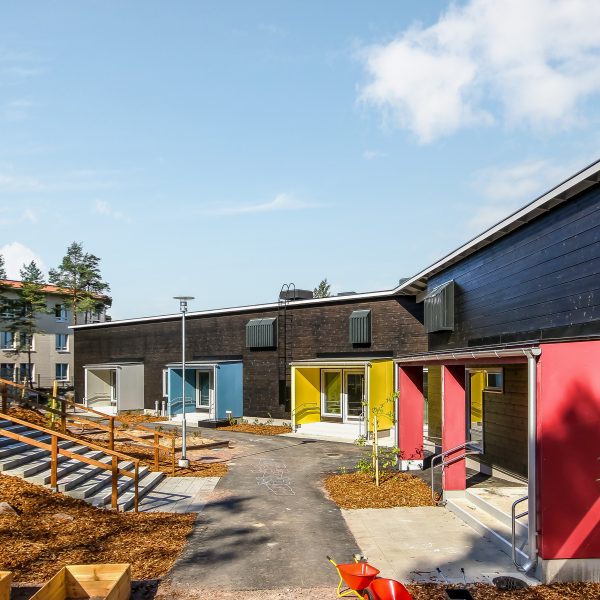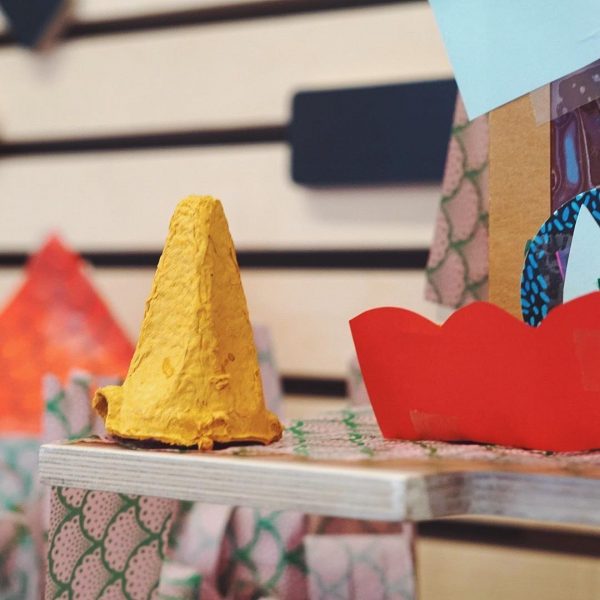Children need forms of expression, not instruction, Finnish leader says

During the early years of an individual’s life, education serves not only as a first step in the journey towards learning about the world but also as a significant, life-defining phase, one in which children should be encouraged to become independent and self-assured as individuals, Suzanne Perkowsky, Co-Founder and Head of Education at New Nordic School, has said.
Such independence can only be achieved if children are allowed to express emotions, ask questions, and indulge in their curiosities within the classroom.
“Education is often viewed as the pouring down of knowledge into the brains of children. But in those early years, what young children really need is not instruction, but forms of expression,” Ms Perkowsky notes.
“The most rapid development in a child’s life takes place during the first five years. It’s a crucial stage when they set lifelong habits, develop character and determine preferences that follow them throughout the rest of their lives.”
Ms Perkowsky has decades of experience teaching in, and leading education systems around the world, during which time she has gained ‘astute insights’ into the world of early education pedagogy.
What she has found, across the board, is that young children benefit far more from an emphasis on developing skills such as self-confidence and independence rather than prescribed lessons on reading and writing.
Learning environments key to self expression
When it comes to self-expression in the classroom, an inviting learning environment can often make all the difference, she continued.
“We adults often forget that just as our moods and preferences change regularly, so do the children’s! One day, they might want to work with numbers while on another, they might wish to read or play dress-up. A nurturing classroom is one that allows young children to have an input in their own education and offers them plenty of opportunities for a unique, personalised learning experience.”
“In the Finnish education system, children are not expected to know how to read and write by the time they start formal schooling. Instead, the focus is on first building trust, self-confidence, and social skills within the child,” she explained.
In other countries around the world however, it is not only an expectation but also a cause for anxiety because a child’s admission into ‘a good school’ depends on it.
“The entire system is flawed because it places priority on the wrong factors and forces children to undergo immense pressure at such an early age.”
Core principles for change
In acknowledging that not all countries around the world enjoy the same privileges, Ms Perkowsky said she also believes that there are certain core principles that can greatly contribute to making early education an empowering and exciting experience for young children.
“We need to move away from a standardised model of early education that measures student progress on the basis of milestones and checklists set by adults,” she said. “The truth is that only about 40-60 per cent of children meet such milestones in the first place – the rest are left to flounder.”
There should, instead, be a focus on personalised education and learning through play. Such considerations can be embedded into the curriculum.
“Every child has their own unique path towards learning. But to help them find it, we must first allow kids to truly be kids,” she said in closing.
To learn more about the Finnish model for early learning, please see here.
Popular

Policy
Practice
Provider
Quality
Research
Workforce
Beyond the headlines: celebrating educators and the power of positive relationships in early learning
2025-07-07 10:00:24
by Fiona Alston

Workforce
Policy
Quality
Practice
Provider
Research
ECEC must change now, our children can’t wait for another inquiry
2025-07-02 07:47:14
by Fiona Alston

Workforce
Quality
Practice
Provider
Research
Beyond the finish line: Championing child protection one marathon at a time
2025-07-08 09:15:32
by Fiona Alston













